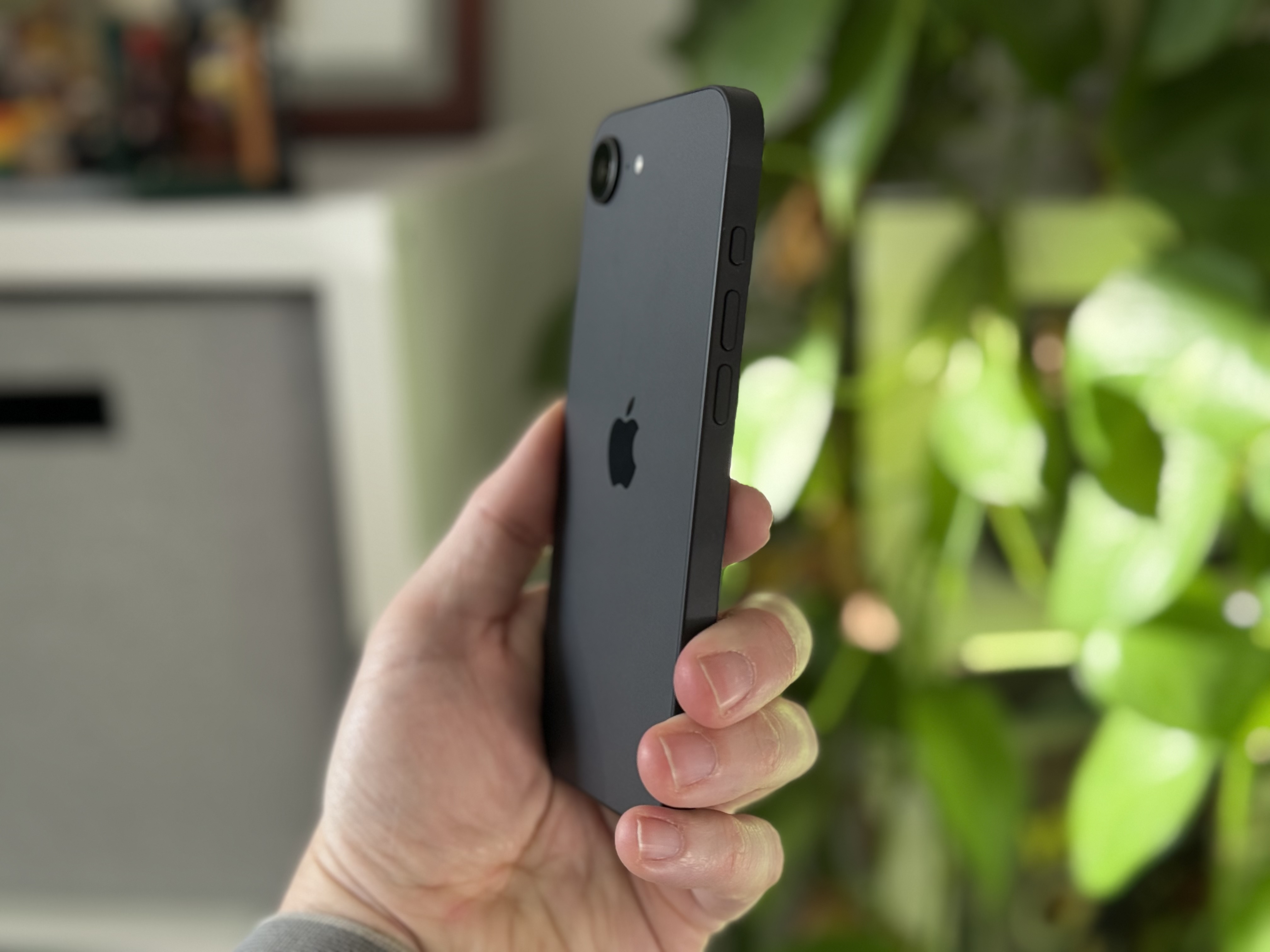AI supercharged the sciences in 2024, revealing a major breakthrough in Alzheimer's diagnosis
A surge of AI-powered breakthroughs in the sciences, from spotting the onset of Alzheimer’s disease to granting us our most detailed look at the human brain yet.

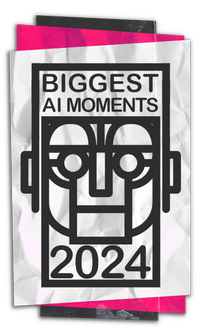
As of 2024, nearly 7 million people across the U.S. are living with Alzheimer’s disease. By 2050, that number is expected to double. It's a daunting prospect that we may collectively try to ignore in the hopes that it never comes true. However, as humanity's brightest minds search for solutions, the sciences have an ace up their sleeves: artificial intelligence.
In February, researchers from the University of California San Francisco (UCSF) published a paper in Nature Aging detailing their efforts, and successes, in using AI to help identify the early warning signs of Alzheimer’s disease.
As PhD researcher Marina Sirota tells Laptop Mag, "In this study, we leverage and apply AI to clinical data and build machine learning models to identify which patients are at a higher risk of developing Alzheimer’s disease. We furthermore explore the clinical features that are predictive of disease onset focusing on sex differences."
Their model is accurate enough to predict an Alzheimer’s diagnosis up to seven years before disease onset with an accuracy of 72 percent. With an early warning like that, doctors could get ahead of symptoms far in advance, allowing Alzheimer’s patients to live longer, fuller lives.
However, the researchers' work doesn't end here. Sirota tells Laptop Mag that the next step in this process is "further validation and implementation of the models in an independent clinical system and exploration of MS4A6A as a therapeutic target for Alzheimer’s disease and Osteoporosis."
In short, it's time to see if this study holds up in a real-world clinical setting and an exploration of the gene MS4A6A in the search for better treatments for both Alzheimer's and Osteoporosis.
It's an incredible achievement for the sciences and a great example of how effective its use of technology can be in the right hands. As Sirota tells Laptop Mag, "This study wouldn't be possible without the use of AI."
This article ranks at #23 in our round-up of the year's 24 most impactful moments in artificial intelligence. For the full rankings and more articles like this, check out the Biggest AI Moments of 2024 — a Laptop Mag Special Issue.
AI for good: Breakthroughs in energy, life-saving medicine, and beyond
ChatGPT is probably the first thing that jumps to mind when most people think of AI, but that’s just one small piece of what artificial intelligence has to offer. While many of us use it to generate fun images or summarize emails, researchers worldwide use AI to make groundbreaking discoveries, solve big-picture problems, and save lives.
This year has seen a flood of AI-powered breakthroughs in science, technology, and medicine. From securing fusion power systems and building the most intricate images of the human brain to date, these advancements are the start of a new era of scientific discovery and advancement, now supercharged by AI.
A study led by UCSF and University of Michigan researchers and published in Nature in November showcased an AI tool to help surgeons identify unseen cancerous tissue during brain tumor surgeries. Cancerous brain tumors can grow back after surgery if even a tiny portion of affected tissue is left behind, so a tool like this could have a monumental impact on countless people’s lives in the future.
UCSF and University of Michigan researchers found that their AI tool only missed cancerous tissue 3.8% of the time (compared to 24% using conventional methods without AI assistance). That means this tool can successfully spot 96.2% of cancerous brain tissue.
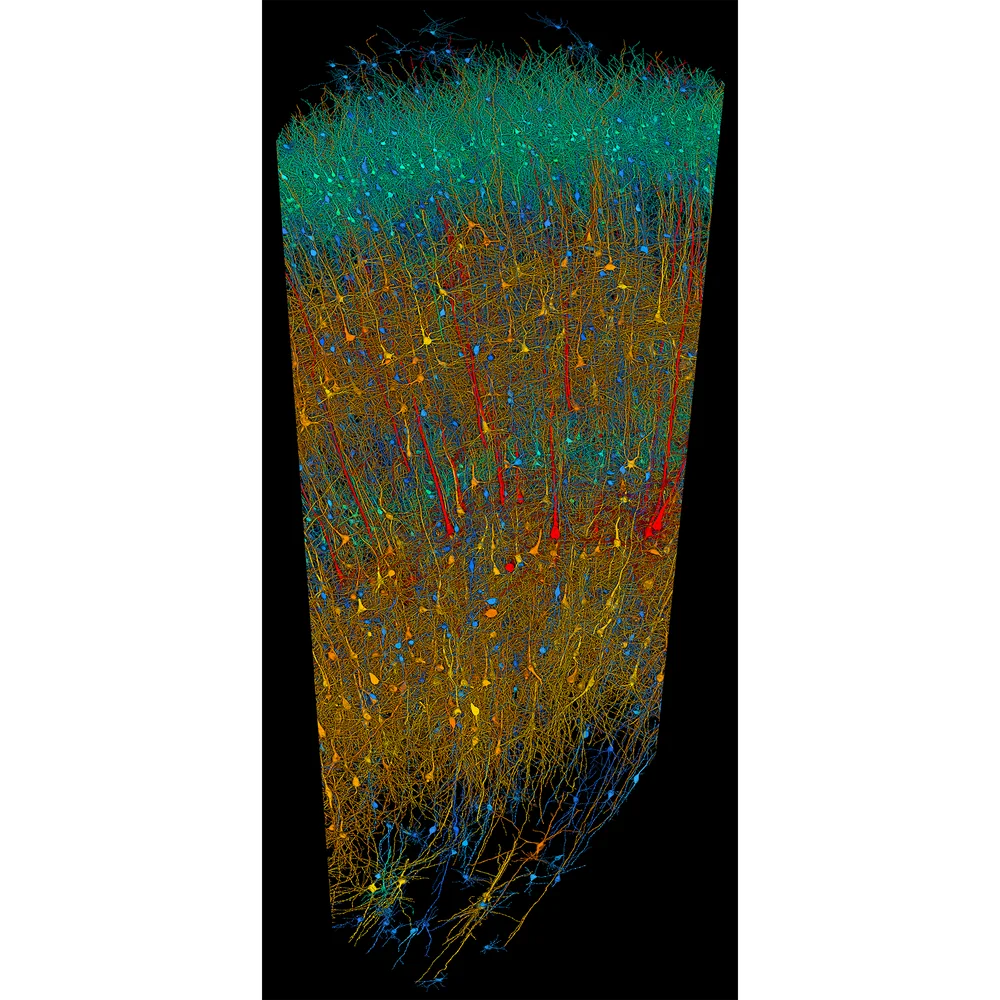
Google also applied AI to brain research this year, in collaboration with Harvard University and the Lichtman Laboratory. In May, Google released a gallery of “Neuroglancer” images showing the inner workings of the human brain in incredible detail.
The images were built with the help of AI as part of a larger effort to create an interactive 3D model of the brain. Research like this could help doctors and researchers better understand how the brain works, which can be helpful in everything from technology to medicine and even psychology.
Medicine isn’t the only niche benefiting from AI-powered research. In February, a team of researchers from the University of Princeton and the U.S. Department of Energy’s Princeton Plasma Physics Laboratory unveiled a breakthrough in their fusion power research, with the results published in Nature.
The team trained an AI model to predict plasma instabilities in fusion reactions up to 300 milliseconds in advance. That might not sound like much, but it’s enough time for the AI to react and prevent those pesky instabilities.
This is a major breakthrough because it could solve one of the biggest challenges facing fusion power, which can potentially be a world-changing source of clean energy. Fusion reactions are tricky to control, though, which is where AI-powered solutions come in, like the tactic the team at Princeton developed.
Is AI the key to the mysteries of science?
These breakthroughs are just a small peek into the incredible wave of AI-powered research and advancements from 2024.
As AI developers release ever more advanced models with capabilities that bleed further into the realm of science fiction, we could see even more groundbreaking progress in science and medicine thanks to AI.
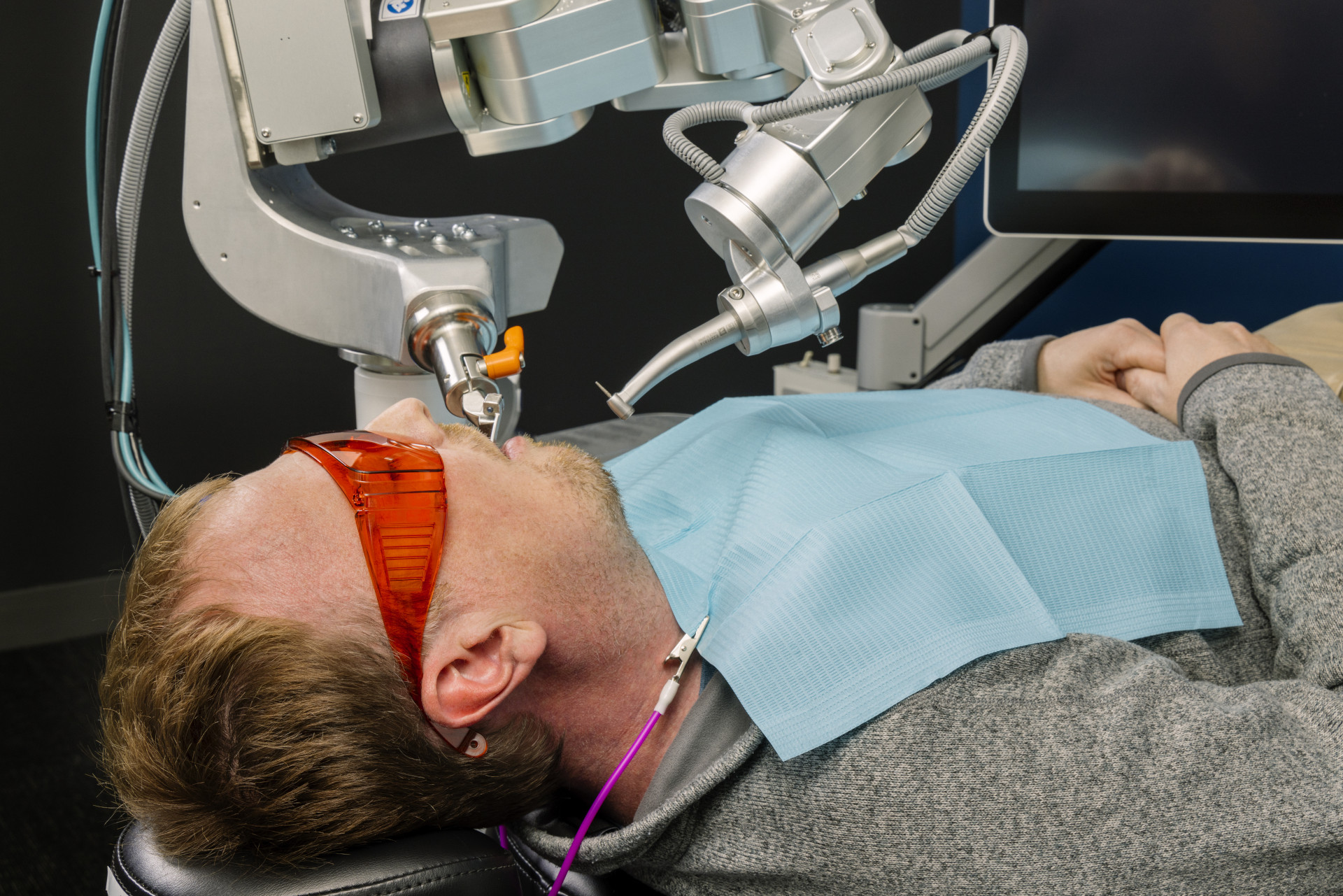
We’ve already witnessed some of these benefits, as 2024 also saw AI switch from data to dealing with issues in the real world.
In July, the first fully automated dental procedure was carried out by AI with the aid of advanced imaging and robotics.
In November, AI was the key to an ophthalmology breakthrough that saw one woman, legally blind without glasses, have her eyesight restored beyond 20/20 vision.
These advancements paint a bright future of speedier, more affordable, and more easily accessible healthcare down the line, with AI able to assist medical personnel in the diagnosis and treatment of patients. Looking ahead, 2025 may be a year filled with similar breakthroughs, only achievable thanks to the adoption and availability of AI.

If you're anything from an AI enthusiast to the average AI tinkerer (or simply seeking out some of the additional features offered through Windows Copilot+ PCs or Apple Intelligence on Macs), then you'll need a powerful and performative laptop to keep up to speed with your needs.
At Laptop Mag, we review laptops year-round to ensure we're giving you expert-backed and up-to-date recommendations on which notebook is right for you. When it comes to the best AI PC category, our top picks are the excellent Asus Zenbook S 14 (UX5406) for Windows users and the impressive Apple Macbook Air M3 for those running macOS.
So, if you're shopping for a new laptop and looking to invest in an AI PC (or just a great laptop in general), check out our current top-tier picks below.

The Asus Zenbook S 14 (UX5406) has quickly become our favorite AI PC laptop of the year, offering all the hallmarks of a great buy, including exceptional performance and battery life. This laptop is one of the first to feature an Intel Core Ultra 200V series processor and at just $1,499 (MSRP), you get a fantastic balance of power, a stunning 14-inch OLED display, effortless multitasking, NPU-enhanced performance for AI tasks, and all of the additional Copilot+ features available with Windows 11.
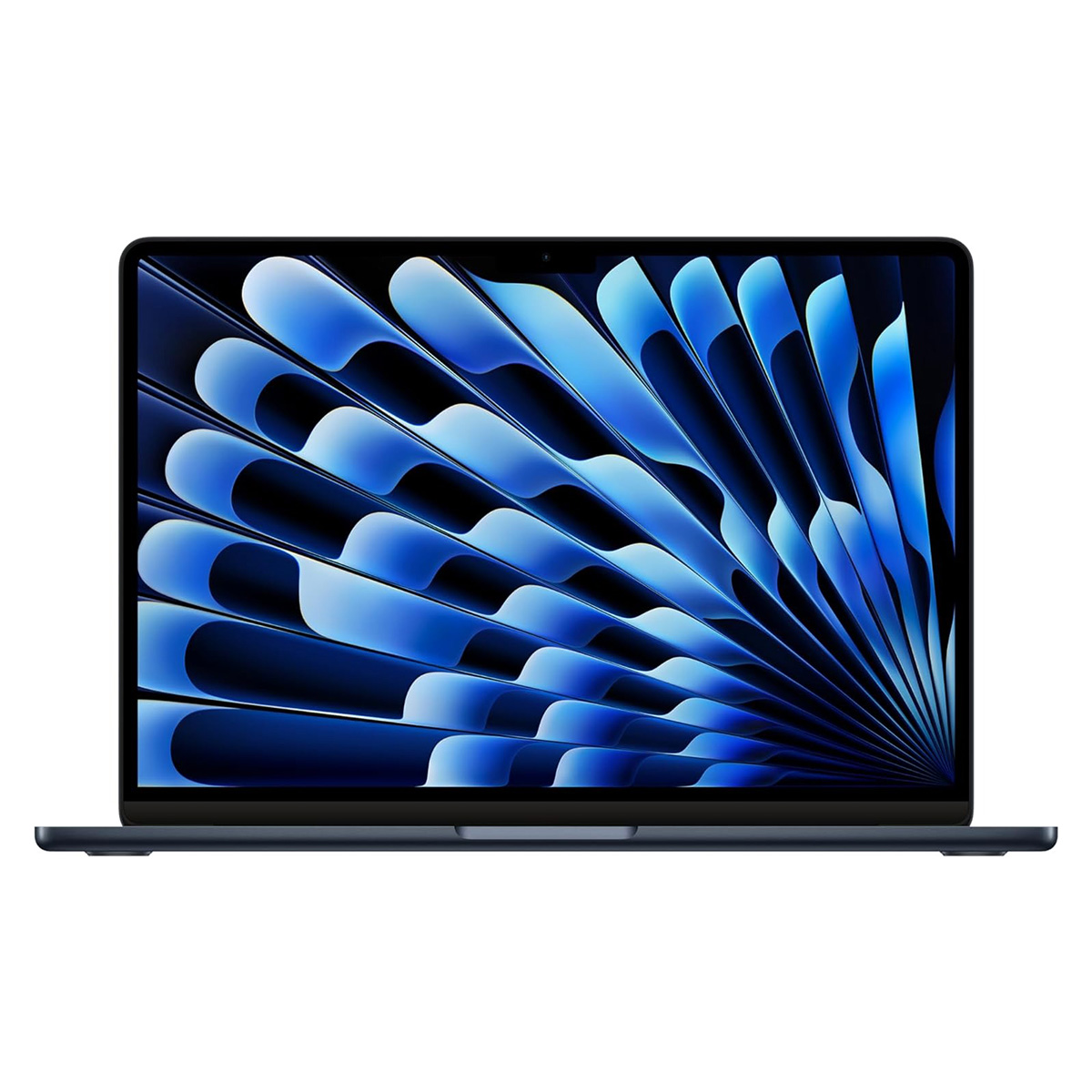
We love the MacBook Air 13 M3. Starting at just $1,099 (MSRP), with education pricing dropping to $999 (MSRP), the Air is a laptop we can recommend for just about any purpose. It's affordable, especially by Apple standards, and it features an excellent keyboard, fantastic performance, and outstanding endurance (over 15 hours of battery life), which makes it a great laptop for just about anyone's needs, especially those interested in getting to grips with all of the latest Apple Intelligence features.

Stevie Bonifield is a freelance tech journalist who has written for PC Gamer, Tom's Guide, and Laptop Mag on everything from gaming to smartwatches. Outside of writing, Stevie loves indie games, TTRPGs, and building way too many custom keyboards.
